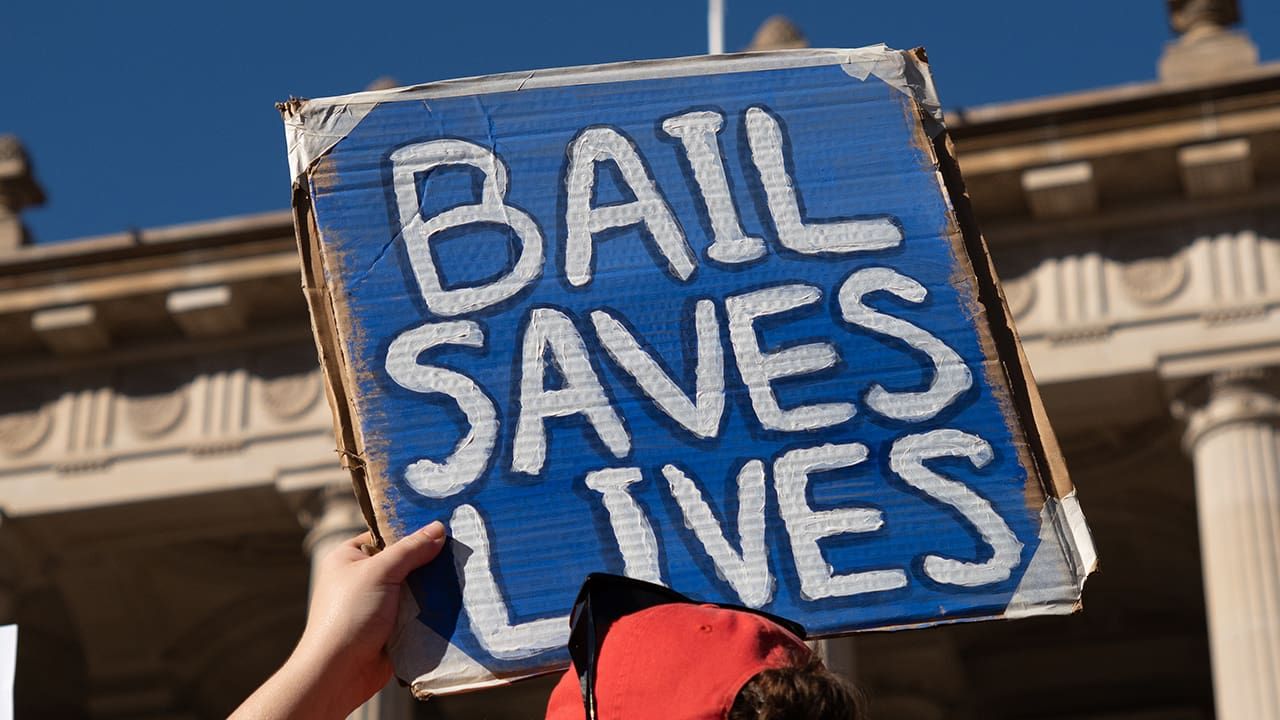Dallas buyers club LLC v iinet Limited
Kells Lawyers • January 12, 2016
The parent company of Dallas Buyers Club LLC (DBC) is Voltage Pictures, a large American film company. (DBC) acquired evidence of 4,726 Internet Protocol (IP) addresses using the peer-to-peer network sharing software program called BitTorrent to share the movie Dallas Buyers Club. In July 2014 DBC approached a number of Internet Service Providers (ISP’s) to request the contact details of the registered owners of the IP addresses. All ISP’s refused to disclose their customer’s information citing Australia’s privacy laws.
DBC then commenced court action against six Internet Service Providers seeking the release of the IP information. For the court to award preliminary disclosure, DBC had to establish that their potential future claim against the registered owners of the IP addresses would be a real, and not fanciful claim.
Final Orders
Justice Perram ordered the ISP’s to provide to DBC the name and physical address of the customers’ associated with the 4,726 IP addresses. DBC can only using the information in relation to making a copyright infringement claim. DBC were also ordered to provide to Justice Perram, for his approval, a copy of the proposed letters that will be sent out to owners of the 4,726 IP addresses.
Consequences of this Case
Since this time the media have drummed up concern relating to a practice called “speculative invoicing.” This involves the copyright owner sending the infringing household an aggressive letter of demand. These often claim that the occupant has infringed copyright laws and is liable to large civil damages if taken to court; but the company would be willing to accept a cash settlement to avoid this action.
Justice Perram discussed the idea of speculative invoicing within Australia [at 82]:
Representing to a consumer that they have a liability which they do not may well be misleading and deceptive conduct within the meaning of s 18 of the Australian Consumer Law and it may be equally misleading to represent to someone that their potential liability is much higher than it could ever realistically be. There may also be something to be said for the idea that speculative invoicing might be a species of unconscionable conduct within one or other of s 21 of the Australian Consumer Law or s 12CB of the Australian Securities and Investments Commission Act 2001 (Cth).
Further, even if speculative invoicing was deemed to be lawful within Australia, the damages that the individual may be liable to are often calculated differently to that of the United States. In Australia, damages are compensatory in nature, meaning to compensate the plaintiff for the loss suffered. One Intellectual Property Lawyer has been quoted as saying, ‘If a film costs $20, the damages would ordinarily be expected to be $20.’ However, this may turn on whether there were multiple infringements by the one user. Justice Perram was of the opinion that regardless of whether the end-user had downloaded the entire copy of the film or whether they had only download a portion of it, if even a sliver of the film was being downloaded, then he was ‘comfortably satisfied … the end-user was infringing the copyright in the film [at 30].’
The potential damages for a single alleged infringement may be limited to the cost that would have been incurred had the film been purchased. However, in cases of multiple downloaders, Justice Perram stated [at 77] that it is ‘plausible that a copyright owner may be able to obtain aggravated damages’ under section 115(4) of the Copyright Act 1968, which states ‘the court may, in assessing damages for infringement, award such additional damages as it considers appropriate in the circumstances.’ Therefore the potential liability could be far great than the value of a single copy of the film, particularly if there has been multiple breaches through sharing the file multiple times.
Justice Perram placed an emphasis on the need for deterrence to be reflected in judgments, which may ultimately mean that [at 78] ‘damages of a sufficient size might be awarded under this provision in an appropriately serious case.‘
However nothing has yet been decided, and so Australia, along with the registered IP owners, continue to wait for further developments in the case.

Kells has been delivering outstanding services and legal expertise to commercial and personal clients in Sydney and the Illawarra region for more than five decades. Our lawyers are savvy and understand your needs.
Subscribe
Want to get the latest articles and news delivered to your inbox?




